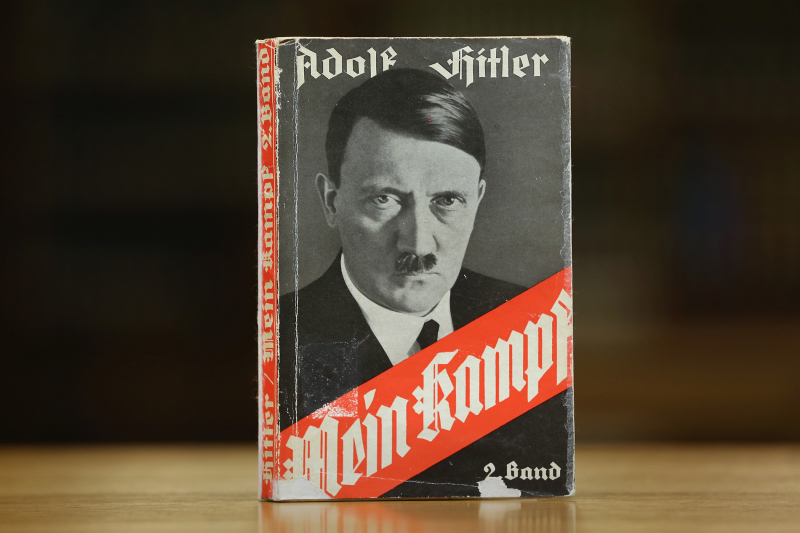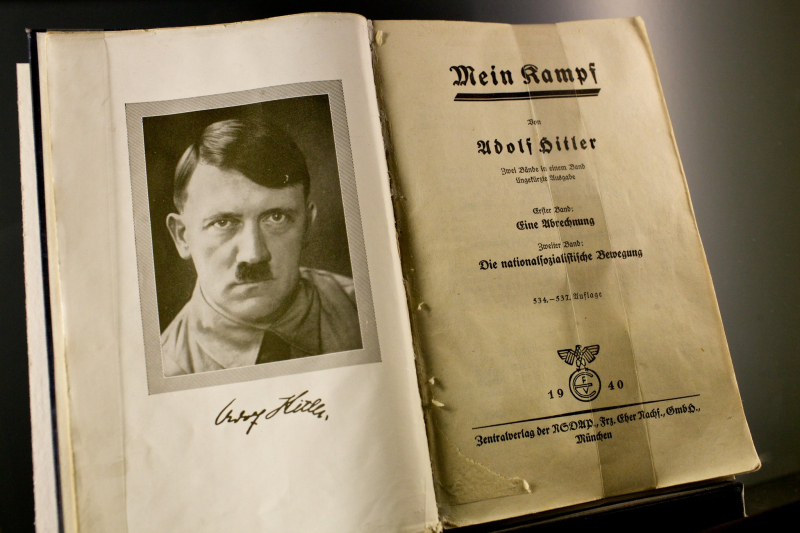The best-seller book of Hitler was banned
While imprisoned for high treason in 1924, Hitler began writing what would subsequently be regarded as one of the world's most deadly novels. Hitler recorded his life and articulated his racist ideas in Mein Kampf ("My Struggle"), which was first published in two volumes (1925, 1927); he claimed to have been a "fanatical anti-Semite" while residing in Vienna. Although it had modest success at first, Mein Kampf's popularity expanded alongside that of Hitler and the Nazis. It was considered the bible of National Socialism in Germany, and more than five million copies had been distributed by 1939. The work was outlawed in Germany and other nations after Hitler's death, and the German state of Bavaria, which owned the copyright, refused to provide publication rights. However, several international publishers continued to print the book, and once the copyright expired in 2016, it entered the public domain. For the first time since 1945, a highly annotated Mein Kampf was released in Germany a few days later. It quickly became a best seller.
Mein Kampf, the Nazi manifesto, has not been published in Germany since the Second World War since the state of Bavaria retained the copyright until the end of 2015. The Institute of Contemporary History of Munich issued a revised version in January 2016. 85,000 copies have been sold since then, and the book is now in its sixth print run. The original Mein Kampf, which translates as "My Struggle," was written during Hitler's imprisonment and contains autobiographical material as well as explanations of the hate-filled anti-Semitic and fanatical ideas that led to the murder of millions of people. It was published in two volumes in 1925-26, but the Bavarian state refused to allow the book to be reissued after the war in order to honor the victims of the Nazis and avoid future instigation of hatred. Readers of the revised edition, which includes thousands of comments, revisions, footnotes, and critical remarks aimed to refute Hitler's original rants, say it has sparked discussion about today's resurgence of far-right political beliefs.












